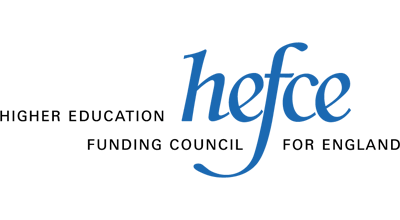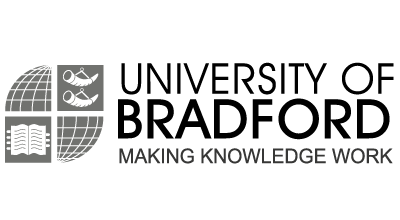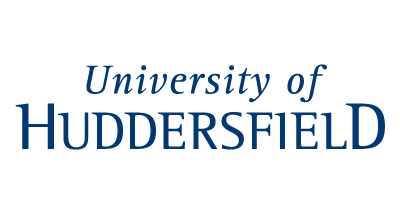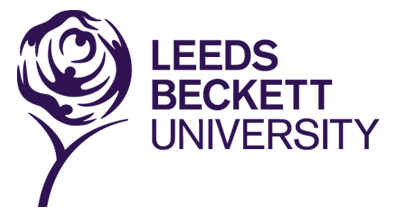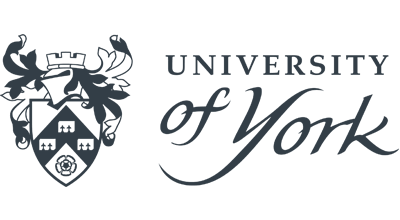Date published: 24/01/17
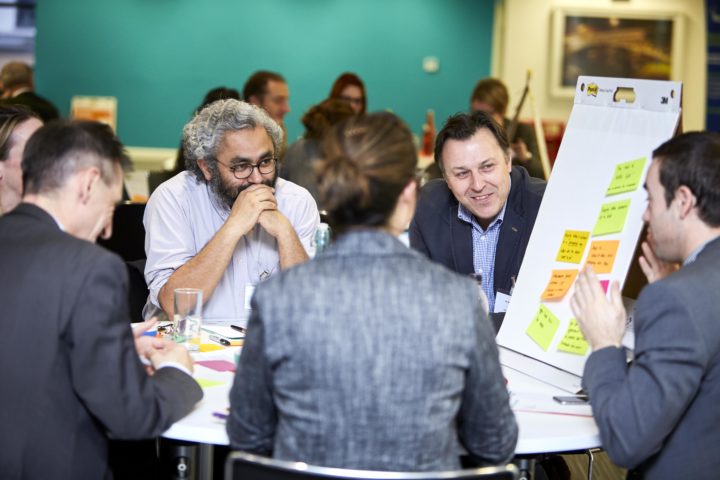
Translate teams up with Devices for Dignity
Translate is joining forces with healthcare technology organisation, Devices for Dignity, to find new ways to improve the lives of patients with chronic health conditions.
Devices for Dignity (D4D) is one of eight Healthcare Technology Co-operatives funded by the National Institute for Healthcare Research (NIHR). Its remit is to work closely with patient groups to identify and develop interventions that can help tackle issues such as loss of independence, or dignity among patients with long term conditions.
In partnering with Translate, D4D is able to bring clinical insight and expertise to help design projects alongside Translate’s community of researchers from universities within the Leeds city region. Through their wider network, Translate , is also able to involve existing partners from other research institutions and industry across the UK.
Initial project ideas were discussed at an innovation workshop and D4D is now working closely with Translate to develop these into detailed proposals.
“Some of the clinicians and healthcare professionals attending the workshop were asked to take part in an impromptu panel discussion, to offer a more unfiltered view of what they thought the main challenges were in this area,” explains Dr Danielle Miles, Translate Technology Innovation Manager. “This approach was really useful to bring out some of the real issues that this partnership might be able to address.”
A further strength of D4D’s approach is that they are able to bring patients’ perspectives to partnerships and projects. Kate Allatt, a survivor of locked-in syndrome and now a public speaker and advocate for patient rights, was also introduced at the start of the workshop. Her contribution helped set the tone for discussions, helping researchers keep patients firmly in mind as they mapped out current areas of unmet need and considered potential approaches.
Workshop delegates produced four different conceptual ideas that D4D and Translate will support in developing further into project proposals. Feedback from the workshop was encouraging, with delegates keen to be involved in new approaches to developing technologies.
“Activities like this are long overdue,” says Dr Abayomi Salawu, Consultant in Rehabilitation Medicine at Hull and East Yorkshire Hospitals NHS Trust. “In the UK we are playing catch up to the rest of the developed world in the deployment of technological solutions into the clinical arena,”
Particular areas under discussion during the event included how to keep patients motivated in their rehabilitation regimes, and also how to improve rehabilitation for patients with chronic, but not immobilising conditions.
“These patients might be in pain, or have lost some quality of life, but they are still trying to get on with their lives,” explains Liz Pryde, D4D Project Manager. “They want to self-manage their condition and fit in rehabilitation around their jobs and their home life. Finding imaginative solutions for these groups of people is just one way the partnership between D4D and Translate could be really beneficial.”
Rehabilitation and Assistive Technology

